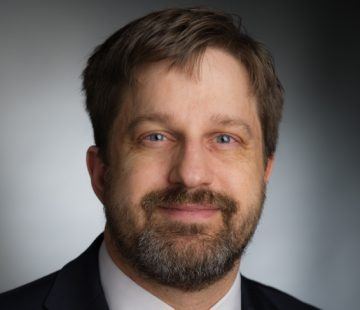David Steensma in ASH Clinical News:

We could and should have seen something like this coming, and some did. For example, biotech investor Brad Loncar predicted a pandemic in his December 2019 list of “10 Things Likely To Happen In 2020,” while novelist Dean Koontz wrote about a dangerous virus called “Wuhan-400” in a 1981 thriller. Still, seeing this event coming would not have made the reality of it any easier to bear, nor would it have helped us predict what will happen next. In addition to killing tens of thousands of people from China to Canada to Chile – perhaps the worldwide death toll will be in the millions by the time this essay is in print in May – COVID-19 has harmed the world’s economies and altered its social fabric in ways we won’t fully understand for many years. Our hematology patients who have gone through hematopoietic cell transplantation have watched as the rest of the world adopted the “social distancing” and infection precautions that are so familiar to them.
For physicians, nurses, and other health-care workers, the pandemic has completely disrupted how we practice medicine and go about our daily work. I never imagined I would begin each day waiting in a queue at the door of a hospital, carefully marked with masking tape lines placed 6 feet apart, to be screened by security and receive my mask for the day. That daily mask ration has become something I take more care of than my smartphone, even though the phone is 1000 times more costly. The pandemic also has upended our routines outside the hospital and clinic – especially if we have children who are now home from school indefinitely. Many of us have already lost friends, acquaintances, or loved ones to the virus, and there will undoubtedly be more grieving to come.
The worst of humanity has been on display amid this crisis, as happens in all disasters. We’ve seen hoarding of food, toilet paper (!), personal protective equipment (PPE), and – at least in America – guns and ammunition. Doomsday preppers, who have endured years of ridicule, suddenly don’t seem quite so outré. We’ve witnessed far too much willful ignorance from political leaders, suppression of data, and spreading of disinformation. The reputation of the Centers for Disease Control (CDC) – its laboratories still full of terrific staff scientists and technicians, but its leaders muzzled and its managers influenced by lightweight partisan appointees – will take a long time to recover from this debacle.
The Crazy Uncles and charlatan healers of the world have been busy touting unproven COVID-19 therapies on social media and television, citing misleading data and hyped-up anecdotes.
More here.
